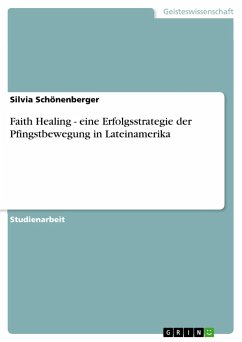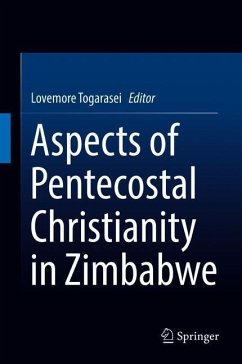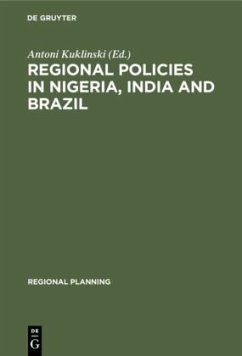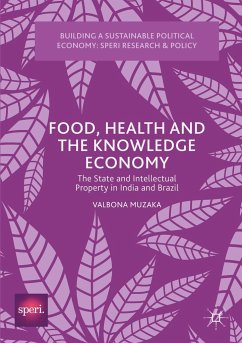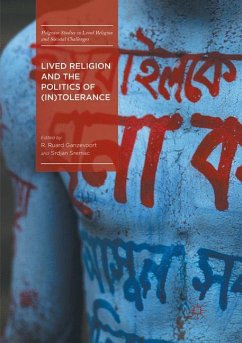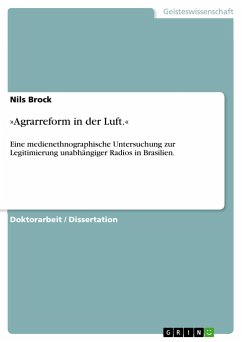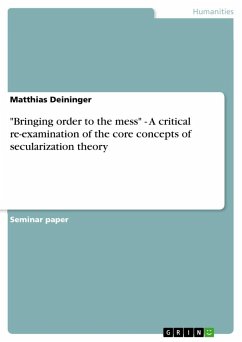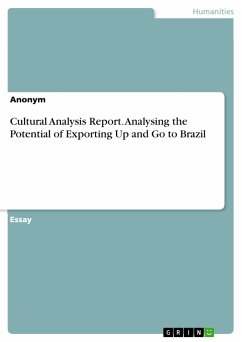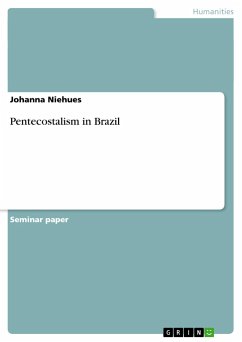
Pentecostalism in Brazil

PAYBACK Punkte
0 °P sammeln!
Seminar paper from the year 2005 in the subject Sociology - Religion, grade: 1,0, University of Auckland (Department of Sociology), course: Sociology of Religion, language: English, abstract: The focus of this research essay is on the emergence, development and public appeal of Pentecostalism in Brazil. First of all, the history of the Pentecostal churches in Brazil and their expansion within the last several decades will be examined. Thereby attention will be drawn to the wider social and global circumstances that enabled the religious change in Brazil. In a second step the increase of differ...
Seminar paper from the year 2005 in the subject Sociology - Religion, grade: 1,0, University of Auckland (Department of Sociology), course: Sociology of Religion, language: English, abstract: The focus of this research essay is on the emergence, development and public appeal of Pentecostalism in Brazil. First of all, the history of the Pentecostal churches in Brazil and their expansion within the last several decades will be examined. Thereby attention will be drawn to the wider social and global circumstances that enabled the religious change in Brazil. In a second step the increase of differing types of Pentecostal churches will be assessed. By comparing it to having a deregulated market situation it will be exemplified how various products, in this case types of churches, are fighting for consumers and account for niche marketing in a situation of religious competition.Finally, the circumstances of the Brazilians that are mainly attending Pentecostal churches will be illustrated with focusing on the benefits and appeals of committing to Pentecostalism. By applying aspects of the rational choice theory it will be examined why people and levels of society are drawn to specific churches in opposition to others. In particular, attention will be given to the attractiveness of the Universal Church of the Kingdom of God to a particular group of society thereby stressing the demand side of the relationship.





